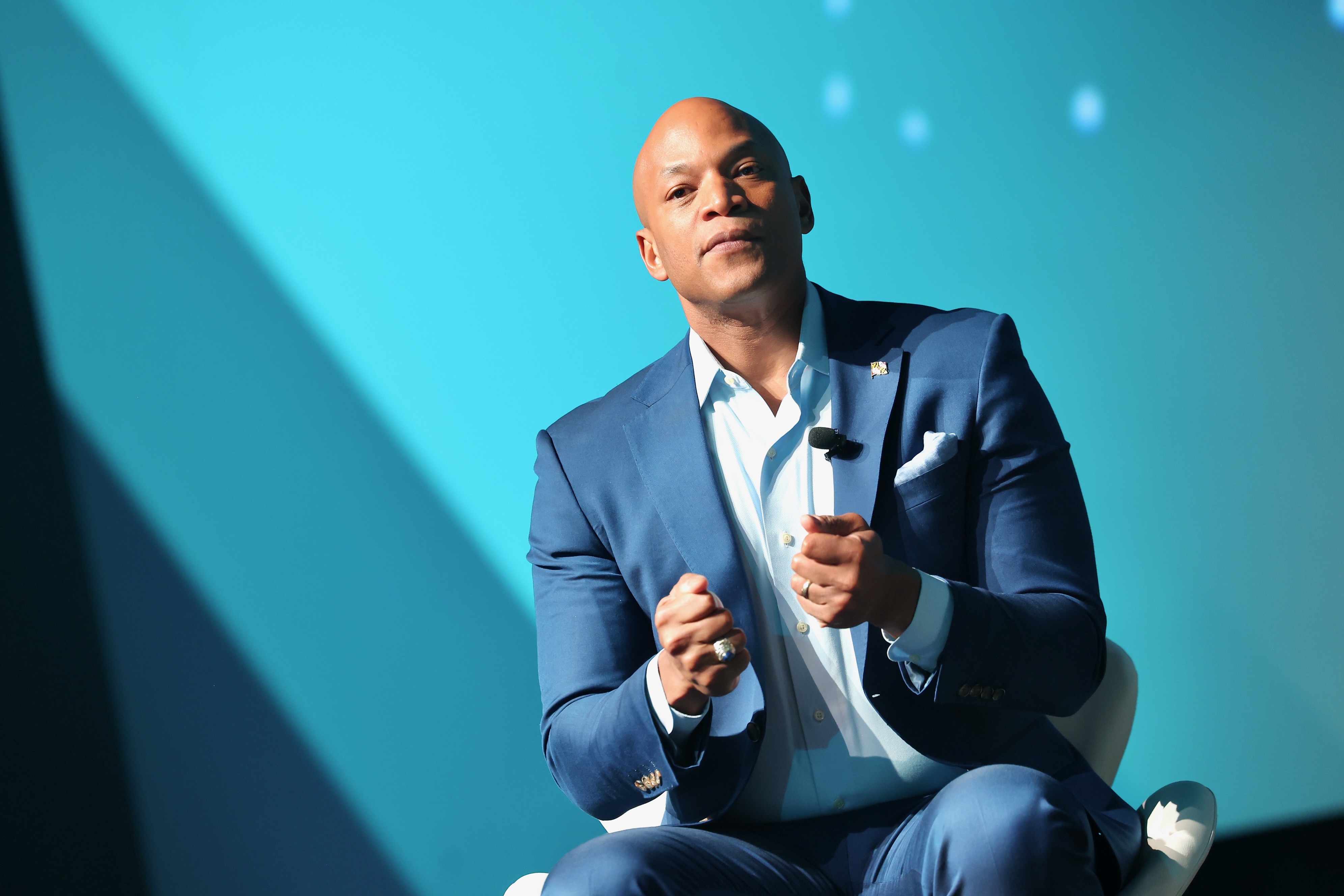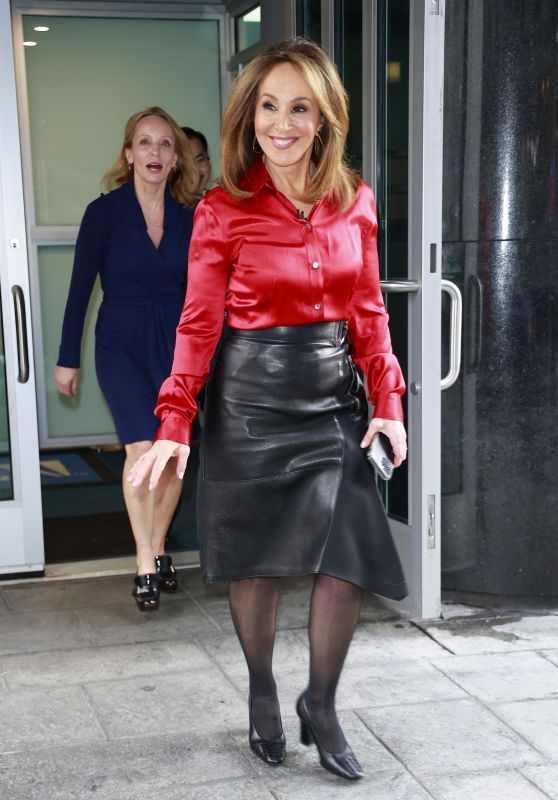What's New
U.S consumer confidence dropped in the month of December ahead of the month's holidays, according to data released Monday by the Conference Board.
Why It Matters
The latest data comes as economists had anticipated a climb from November's consumer confidence of 112.8 to 113.8, thus making the decline a notable shift following months of increasing optimism.
Despite more positive reports in previous months, concerns remain about the economic outlook, leaving policymakers and businesses questioning whether the downturn in confidence will translate to slower growth in 2024.
What to Know
The board's consumer confidence index dropped to 104.7 this month, down from 112.8 in November.
The index evaluates both current economic perceptions and expectations for the next six months, offering a snapshot of consumer sentiment.

This month's most concerning figure came from a sharp fall in Americans' short-term outlook for income, business conditions and job opportunities. The metric plummeted over 12 points to 81.1, dangerously close to the threshold of 80 that signals a potential recession.
Despite this drop, the proportion of Americans anticipating an economic downturn over the next year remained steady.
Meanwhile, the board also reported that consumer assessments of current conditions slipped slightly, from 141.2 to 140.2.
Other Reports on Consumer Spending
Retail spending remained robust through November with a 0.7 percent monthly gain reflecting strong holiday shopping activity. Personal spending also climbed by 0.4 percent from October to November, bolstering broader economic momentum.
Fueled by consumer spending, which drives nearly 70 percent of U.S. economic activity, the nation's economy expanded at a healthy 3.1 percent annualized rate in the third quarter.
Economists, however, are closely monitoring whether consumers can maintain this level of support amid a backdrop of rising uncertainties including President-elect Donald Trump's return to the White House.
Economists have previously raised red flags over Trump's plans to impose 25 percent tariffs on all imports from Canada and Mexico and an additional 10 percent on imports from China, a move experts warn could drive inflation higher.
What People Are Saying
Amid November's consumer confidence, Samuel Tombs, chief U.S. economist at Pantheon Macroeconomics, noted that households might be underestimating the potential cost increases from such trade policies, or they may believe Trump's campaign promises won't translate into actual policy.
"Households for now seem to have their heads in the sand about the potential uplifts to consumer prices from tariffs and deportations, or they think Trump wasn't serious about his intentions during the campaign," Tombs wrote in a client note, according to The Associated Press.
What Happens Next
Despite the drop, the interplay between consumer confidence, spending and economic policy will shape the coming months, and the early days of Trump's presidency will likely play a pivotal role in determining whether previous upbeat expectations are justified.
This article includes reporting from The Associated Press.




















 English (US) ·
English (US) ·